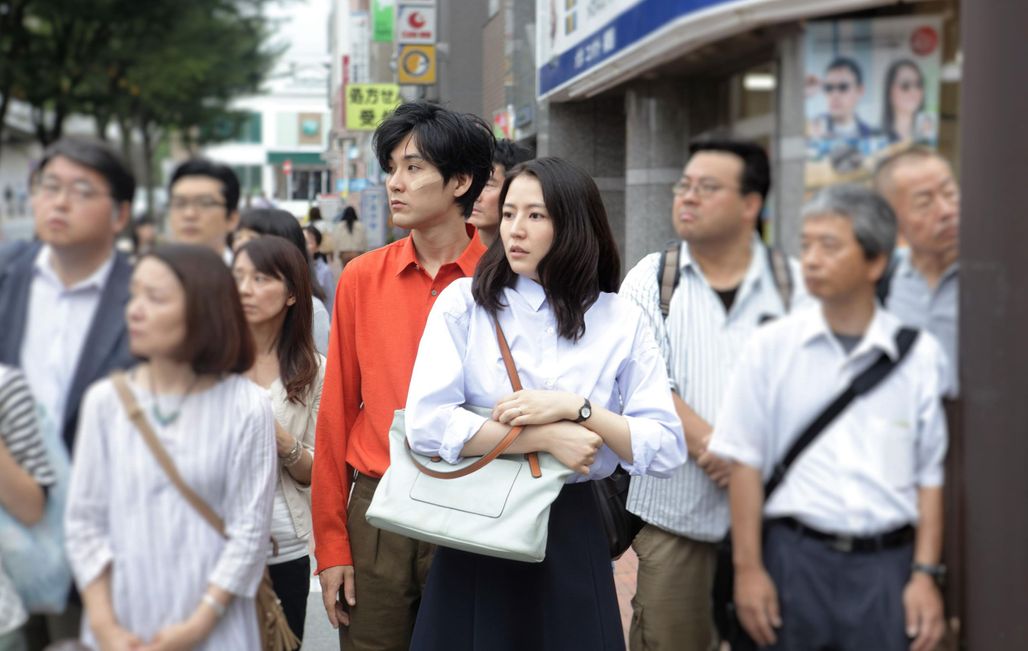
Sanpo Suru Shinryakusha (Before we vanish): interview with Kiyoshi Kurosawa

The love affair between Un Certain Regard and Kiyoshi Kurosawa dates back to 2001. That was the year he showed Kaïro, before winning the Jury Prize in 2008 for Tokyo Sonata and the Best Director Award in 2015 with Kishibe No Tabi (Journey to the shore). This year, the Japanese director tries his hand at science fiction with Sanpo Suru Shinryakusha (Before we vanish). It tells the story of Narumi and her husband Shinji. Shinji disappears suddenly and when he comes back, strange phenomena occur in the town. A journalist investigates...
What inspired you to begin work on this film?
This feature can be classified as being in the alien invasion science fiction genre, which makes it extremely rare among Japanese films in recent years. I’ve wanted to try my hand at this genre for quite some time now, and discovering Tomohiro Maekawa’s unique story enabled me to do that at last.
Please describe your working method and the atmosphere on set.
On set, I prefer not to focus exclusively on certain elements – such as the actors, or the cinematography – and give them more importance than others. For me, an ideal shoot is one where every element works in unison, and I can let myself be absorbed by the process of shooting the film.
Please share a few words about your actors.
For this film, several young Japanese actors were cast that I had never worked with before. As I predicted, their quality was impressively high. These young men and women are very popular with the Japanese public, and at the same time, they are eager to work on films that don’t have very large budgets, or are experimental. The existence of such actors is undoubtedly sustaining contemporary Japanese cinema.
What did you learn during the course of making this film?
The alien invasion science fiction genre transcends simple entertainment, and is directly connected to palpable threats to contemporary society. Therefore, I became acutely aware that a filmmaker must be careful when crafting the worldview that these films present.
What are your views on the state of the film industry in your country?
The production environment is harsh for every film, and in terms of quality, I admit they don't measure up to the great Japanese cinema of the past. Despite all that, it is surprising that the number of films made every year is still in the hundreds. It’s no bad thing that so many films continue to be made; I believe that people’s enthusiasm for cinema is far from waning.


